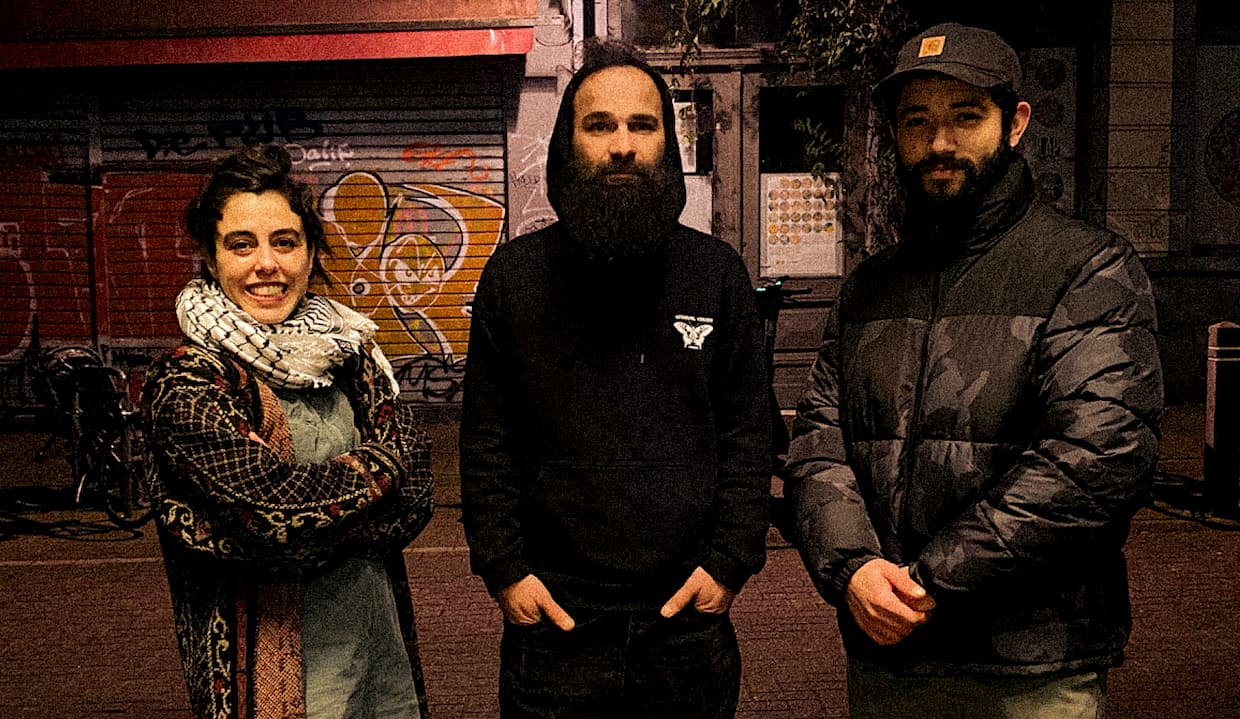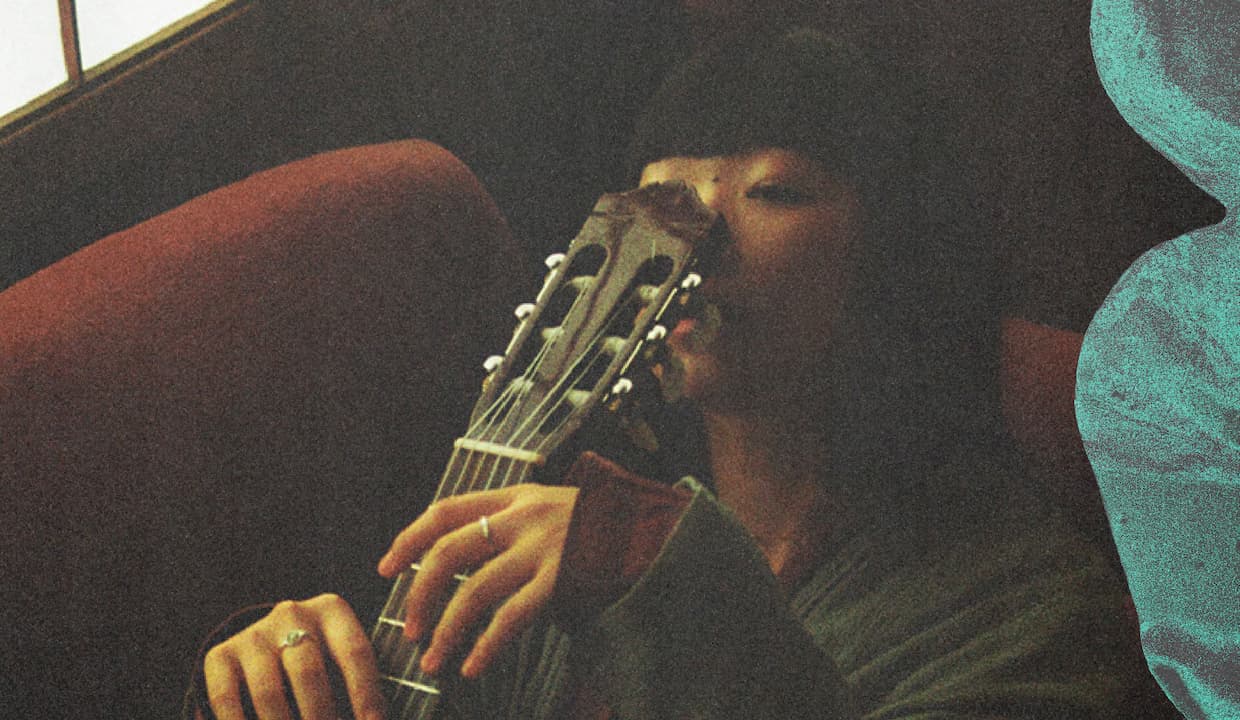The preparations for BRDCST festival are in full swing, which means it’s almost time for our yearly high mass for the musical adventurer.
As BRDCST traditions prescribe, we discard all musical algorithms and listen to our hearts. And they beat uncontrollably when listening to the outspokenly activist bands joining us for BRDCST.
Meet LIONSTORM, Sarathy Korwar, Gaye Su Akyol and Taqbir!
LIONSTORM (SAT 8 APR 23)
BRDCST is crazy about the EP ‘Kannibalisme & Masturbatie’ by LIONSTORM (yes, all capitals if you don’t mind), who claim to be the first queer rap act from the Netherlands. This Amsterdam duo - Skerrie Sterrie and Vuige Muis – recently conquered the Dutch underground with their rebellious, activist hip-hop and punk that concerns squirting and inspecting erections. While Thierry Baudet is allowed to carry on spewing his nonsense in the Netherlands, LIONSTORM’s videos are removed from Instagram and YouTube for being too explicit. ‘Lionstorm is raw, filthy, sexy and confrontational,’ said Trouw. But LIONSTORM also have a point of contention: ‘We’re just as clear and direct about our sexuality as many male Dutch rappers are about the sex they have with women.’ Their lyrics represent a form of protest against the heteronormative standard.
Sarathy Korwar (SAT 8 APR 23)
On his album ‘More Arriving’ (’19), Sarathy Korwar already took a radical stance against xenophobia. In his newest creation ‘Kalak’, he continues this battle with song titles like ‘Utopia Is A Colonial Project’ and ‘To Remember Begum Rokeya’, an ode to Bengali feminist thinker and political activist Begum Rokeya. Uncut: ‘This is rebel music as passive resistance.’
Gaye Su Akyol (SUN 9 APR 23)
Gaye Su Akyol was detained for questioning by the police in ’19 in Istanbul because of her critical views of the regime. The Guardian describes her music as dissident pop and an ‘unambiguous statement of protest against Turkey’s oppressive conservatism.’
Taqbir ( 7-8-9 APR)
Taqbir are serious: ‘By pushing their anger towards the sexism, homophobia and racism that lingers like a dark, poisonous fog around Moroccan culture, Taqbir play a very dangerous game. They are putting themselves on the frontline, risking potential imprisonment, death threats and more, just to escape the cultural prison they’ve grown up in.’ (The Quietus) Frontwoman Aicha (a pseudonym) and her band perform behind veils to conceal their true identities out of fear for repercussions.






